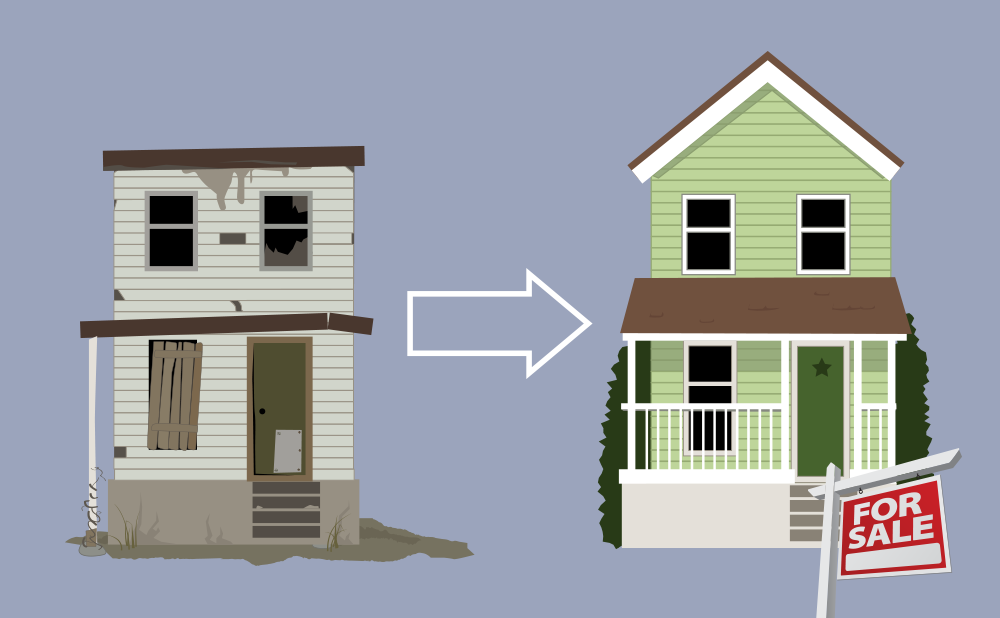
Here’s What You Need to Know About Flips and Financing
FHA Guidelines for Flipping Houses
The Federal Housing Administration (FHA) has specific rules regarding house flips. A property is considered a flip if the current seller has owned it for less than 90 days.
Between days 91 and 180, you can still sell the home, but there are additional requirements. If the resale price is 100% or more than what the seller paid, a second appraisal must be ordered. However, if the second appraisal is more than 5% lower than the first one, the lower appraisal must be used. It’s important to note that the borrower cannot pay for the second appraisal.
VA Loans and Flipping
Loans backed by the Department of Veterans Affairs (VA) offer more flexibility when it comes to flipping rules. VA loans do not have specific regulations for flips, and the decision is left to the underwriter’s discretion. Each flip is evaluated on a case-by-case basis.
USDA Loans and Flipping
For those considering a loan through the United States Department of Agriculture (USDA), flipping may be permitted under certain conditions. USDA loans allow flipping if the appraisal value is supported by suitable comparable sales (comps). The property’s value must be validated using comparable properties that justify the appraisal value.
Conventional Loans and Flipping
Conventional loans, in general, do not have specific flipping rules imposed by the loan program. However, individual lenders may have their own guidelines and requirements regarding flips. It’s crucial to consult with your mortgage loan advisor to understand the lender’s policies.
Get Expert Advice
If you’re unsure if a house qualifies as a flip, it’s always best to seek guidance from a mortgage professional. Our experienced Homestead Financial Mortgage team is ready and willing to help. We can determine if a house is considered a flip and provide insights into the financing options. Knowing this information early on, especially when a buyer is under contract, ensures a smooth transaction for all parties involved.
Conclusion
Understanding the flip status of a property is crucial when navigating the lending process. Different loan programs have varying rules and guidelines regarding flips, which can impact your financing options. Being aware of these guidelines and seeking expert advice will help you make informed decisions when buying or selling a house.